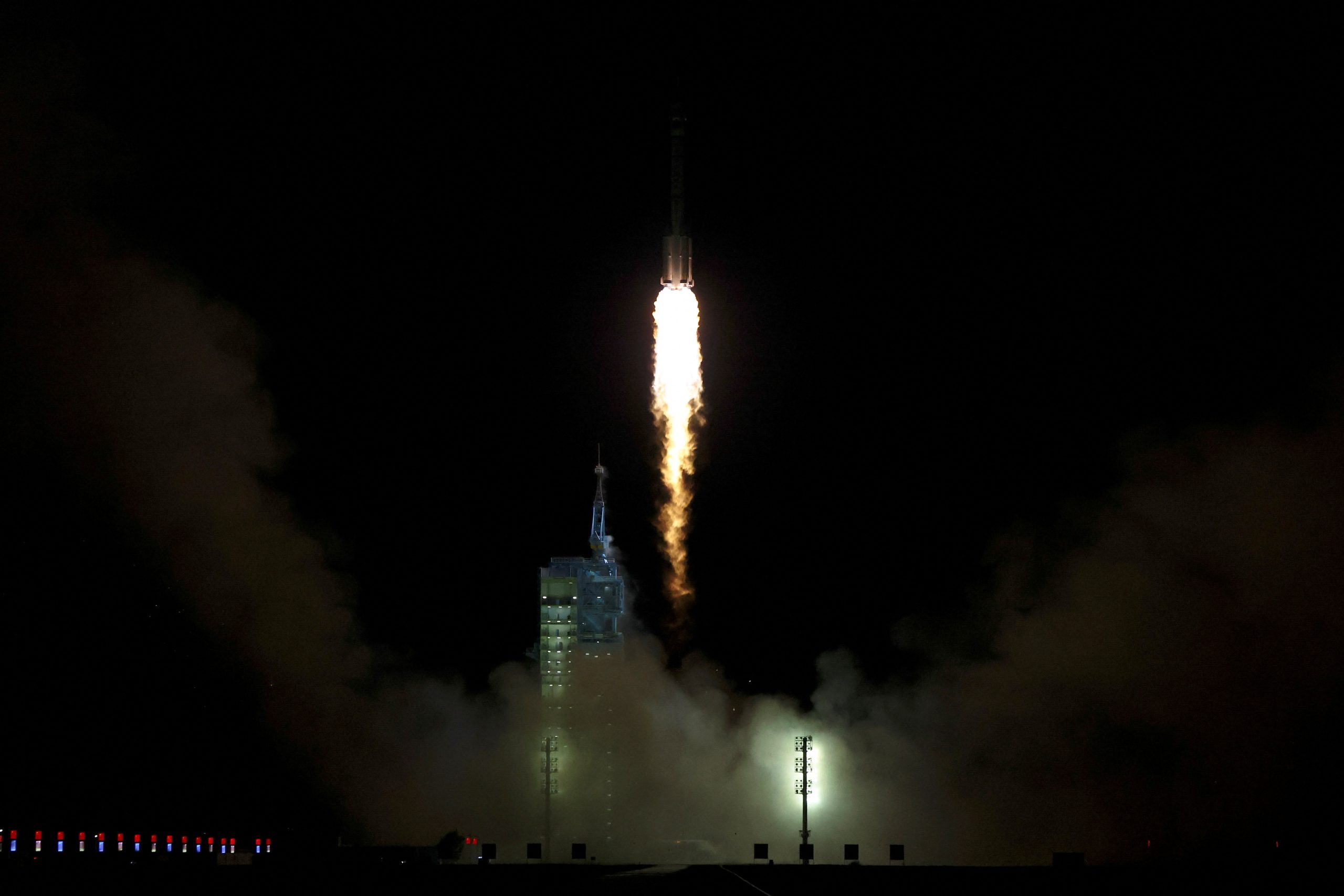North Korea has ramped up tensions with South Korea by conducting GPS jamming attacks on Friday and Saturday, causing operational disruptions to several South Korean vessels and dozens of civilian aircraft. The move follows North Korea’s recent launch of its most advanced solid-fuel intercontinental ballistic missile (ICBM), underscoring its aggressive military stance in the region.
GPS Jamming: A New North Korean Provocation
Seoul’s Joint Chiefs of Staff reported that the GPS jamming attacks took place in the North Korean cities of Haeju and Kaesong. GPS jamming can disrupt navigation systems for aircraft and ships, potentially putting both civilian and military operations at risk. Seoul’s military has issued warnings to ships and aircraft in the Yellow Sea, urging heightened vigilance to counteract the effects of the jamming attacks. This incident follows previous GPS jamming attempts by North Korea in May, which the South reported did not hinder military operations at the time.
In response to the jamming activities, the South Korean military strongly condemned North Korea’s actions, demanding that it “immediately cease its GPS provocations.” Seoul warned that North Korea would be held accountable for any consequences resulting from these hostile activities.
Escalating Military Maneuvers on Both Sides
In a show of force, South Korea launched its Hyunmoo surface-to-surface missile into the West Sea on Friday. According to South Korea’s military, this launch was intended as a demonstration of its “strong resolve to firmly respond” to any North Korean provocations. The Hyunmoo missile is a key component of South Korea’s “Kill Chain” preemptive strike system, designed to counter imminent North Korean threats with quick, decisive action.
The escalation comes shortly after North Korea tested its most advanced solid-fuel ICBM, claiming it as the pinnacle of its missile technology. This test was North Korea’s first since being accused of sending soldiers to assist Russia in the Ukraine conflict, further raising international concerns over Pyongyang’s intentions and alliances.
South Korea’s ‘Kill Chain’ Strategy
The Hyunmoo missiles are a crucial part of South Korea’s defensive strategy. The “Kill Chain” system allows South Korea to conduct preemptive strikes if there are signs of an imminent attack from the North. With North Korea’s missile tests becoming increasingly frequent and sophisticated, Seoul’s military strategy aims to protect its sovereignty and showcase its readiness to respond forcefully to any hostile actions.
A Deteriorating Relationship
The relationship between North and South Korea is currently at one of its lowest points in years. North Korea has launched multiple ballistic missiles in recent months, in violation of UN sanctions, and has even used unconventional tactics, such as sending trash-filled balloons into the South. Pyongyang claims these balloon launches are a response to anti-North propaganda sent across the border by activists in the South.
As tensions rise, the Korean Peninsula remains a focal point for international observers. North Korea’s use of GPS jamming is an unconventional tactic that threatens both civilian and military safety, signaling an escalation in its approach. With both sides engaging in military maneuvers, the possibility of further provocations looms large, making the situation increasingly precarious.
















